Since 2015, there have been countless incidents when illegal migrants committed violence, including very serious acts of terrorism that have killed hundreds of people, Gyorgy Bakondi, the Hungarian PM's chief advisor on homeland security, recalled on the evening program of M1 news channel. There have also been attacks on churches, priests and passers-by, he added.
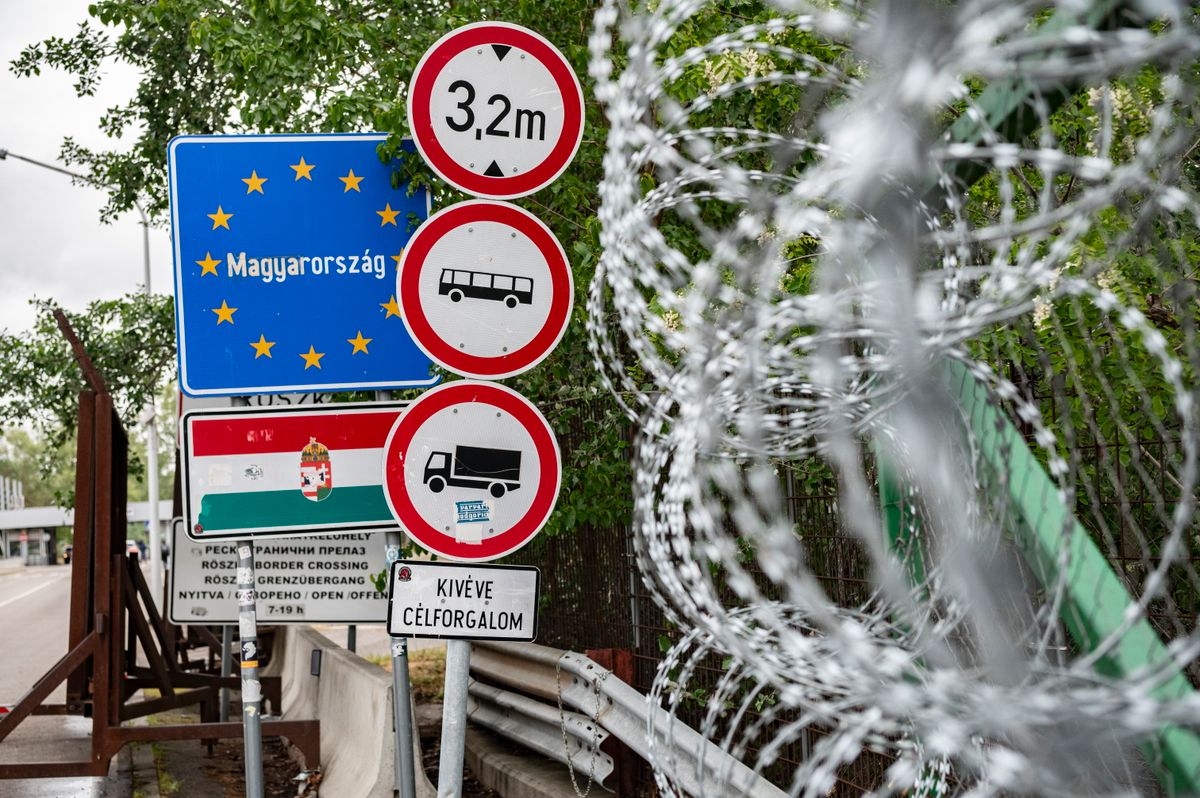
The chief advisor believes that
the incidents raise the question whether the perpetrators were sent as sleeper agents to commit acts of terrorism, to destroy public security in the given country, and to create uncertainty and fear.
The majority of attacks are committed by persons who are not granted refugee status in the country in question due to their unclear identity, and thus they do not receive an income; they become marginalized, break the law and attack policemen who symbolize state power, he said.
"The events show that illegal migration should be treated fundamentally as a security issue, not as a social or welfare issue," he stressed, noting that this is the position Hungary holds. Gyorgy Bakondi believes that European court rulings and the migration pact adopted recently do not make it easier to enforce security. He highlighted that
the pact does not include border control, nor does it stipulate that asylum applications must be submitted outside the European Union's external border and that only those who have been granted refugee status by the authorities are allowed to enter EU territory.
Many objections to EU pressure
A growing number of countries criticize the migrant quotas, including Hungary, Poland, the Czech Republic, Slovakia and Italy. The expert added that
negative perceptions will increase as the implementing rules become known.
Under the EU legal regulation, assisting illegal immigration does not qualify as a crime or offence if it is carried out by an NGO, even if done in exchange for benefits, which Gyorgy Bakondi described as another gross violation of the European rule. This makes the issue of security particularly critical, he added.



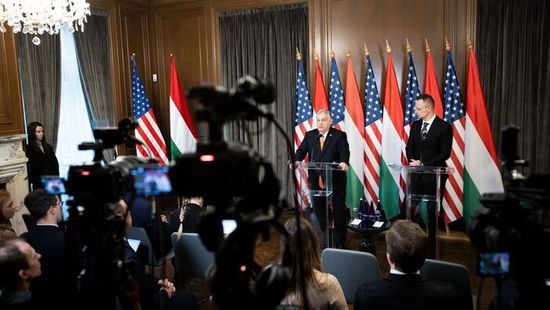



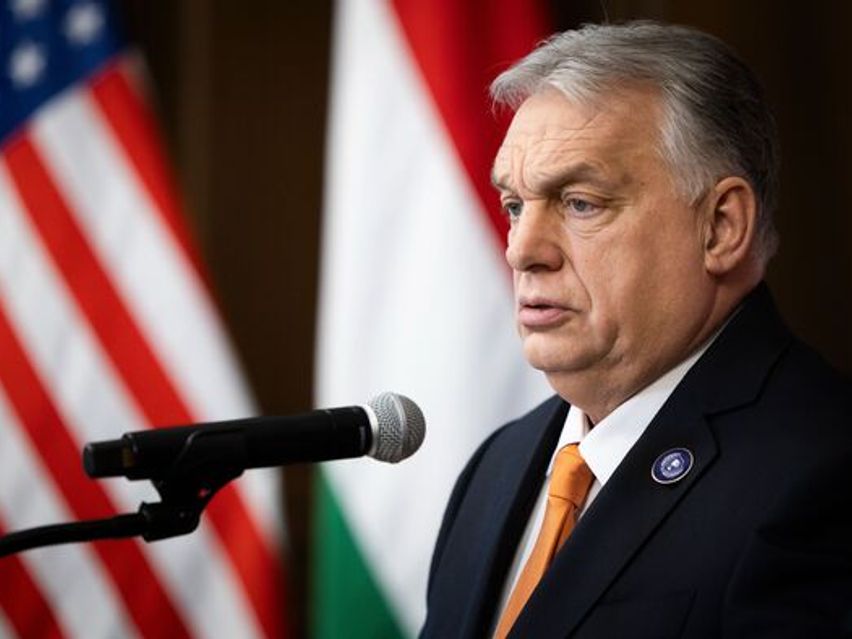



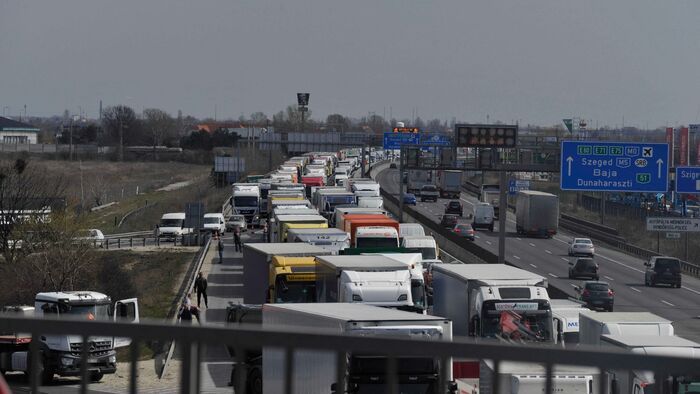
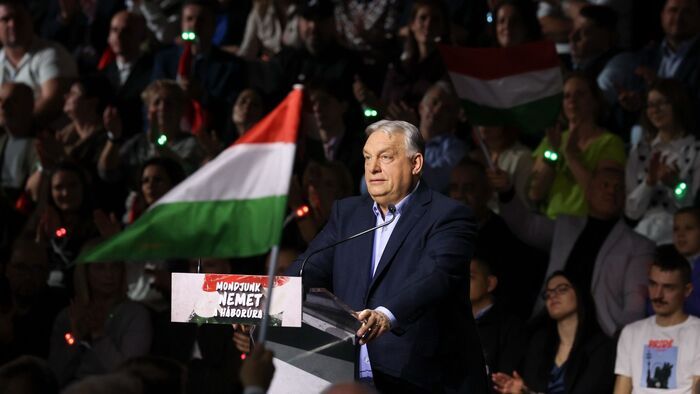
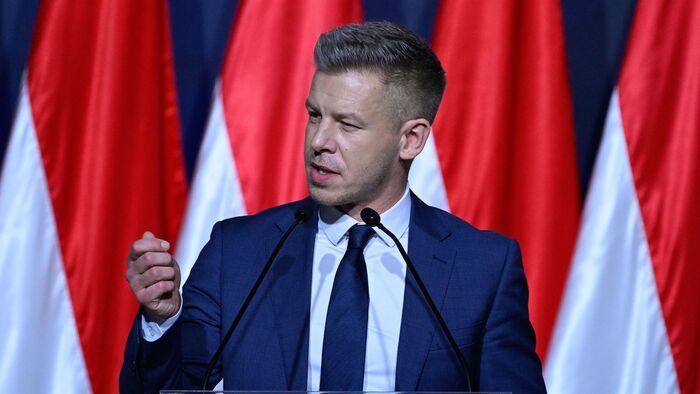

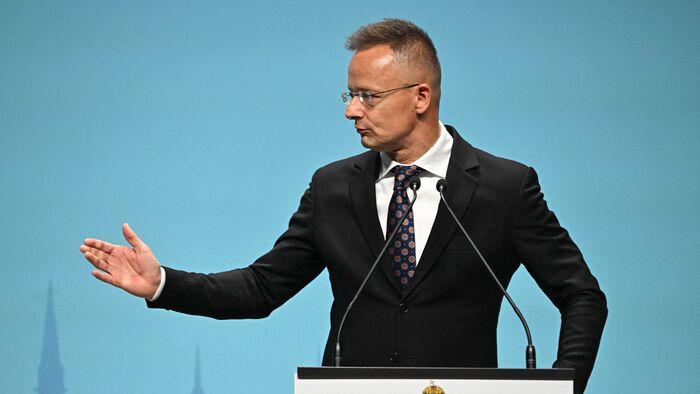







Szóljon hozzá!
Jelenleg csak a hozzászólások egy kis részét látja. Hozzászóláshoz és a további kommentek megtekintéséhez lépjen be, vagy regisztráljon!